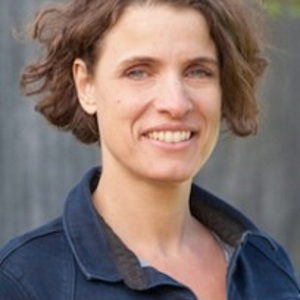Since the global climate change agenda first dawned, energy efficiency has held out the promise of the most cost-efficient options to reduce greenhouse gas emissions. It practice, it has delivered poorly on that promise, as recorded evidence from practically all frameworks emerging from the climate change negotiations have shown. Why is that – and can The Nationally Determined Contributions (NDC) under the Paris Agreement finally change the outlooks?
Frauke Röser, founding partner of New Climate Institute, an associate partner in the NDC Partnership, and Dr. Søren E. Lütken, senior economist at UNEP DTU Partnership and co-chair of the Global ESCO Network explore, if ESCOs could be the long standing, but missed opportunity that countries might adopt when updating their NDC in order to make their energy efficiency ambitions tangible.
Exploring the intricacies of the NDC updating processes and the NDCs’ standing in national policy development as well as the ESCO, with its combination of technical expertise and financial solutions, the two speakers will give their assessment of whether matching the two concepts is a viable pathway of turning energy efficiency promises into reality. And if so, what is required, and by whom, in the process?
Share this
Sector: ESCO
Country / Region: Global
Tags: assessments, climate change, emissions, energy, energy efficiency, ESCO, international development, national policies, Nationally Determined Contributions, partnerships, United Nations Environment ProgrammeIn 1 user collection: C2E2 Webinars
Knowledge Object: eLearning
Published by: Copenhagen Centre on Energy Efficiency
Publishing year: 2021
Content:



